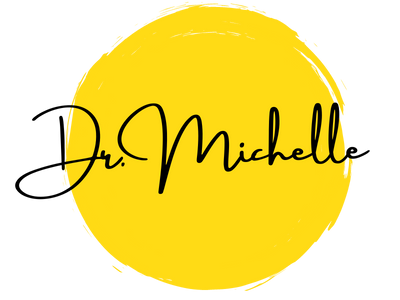Slavenka Drakulic wrote about life under socialism and the independence of Croatia in her 1992 text, How We Survived Communism and Even Laughed. I read this text while waiting at the Zagreb Airport for my spouse to arrive for a visit in 2014. That day I underlined words that I searched for again today, five years later.
Drakulic wrote about her experience with censorship as a journalist in 1980’s. These words resonate with me even more strongly today than they did in 2014.
“. . .And then I understood perfectly the significance not only of censorship but of its subtler, deeper variations – autocensorship, internalized in each of us, so that we don’t need to chat with our censors too often, so that we make their job easier.
The conversation with Comrade Inspector M was absolutely unnecessary. What was important was the time between his call and our meeting, when I began to examine myself, to search for my own errors, to look at my life through his eyes, to interrogate myself as my censor would. But I also understand that if he really needs to, he will find evidence even if it doesn’t exist. The guilt I’m talking about is not a question of facts but of their interpretation.”
This concept of autocensorship, the thoughts of our censors that we invoke in our reflections about ourselves and our lives, is familiar to those who advocate for change, who think “outside the box,” and who want to live lives of authenticity and agency at great personal cost.
So, I’ve been wondering. Whose voice dictates my thinking? Whose expectations influence my actions?
What would it take to make that voice and those expectations your own?
